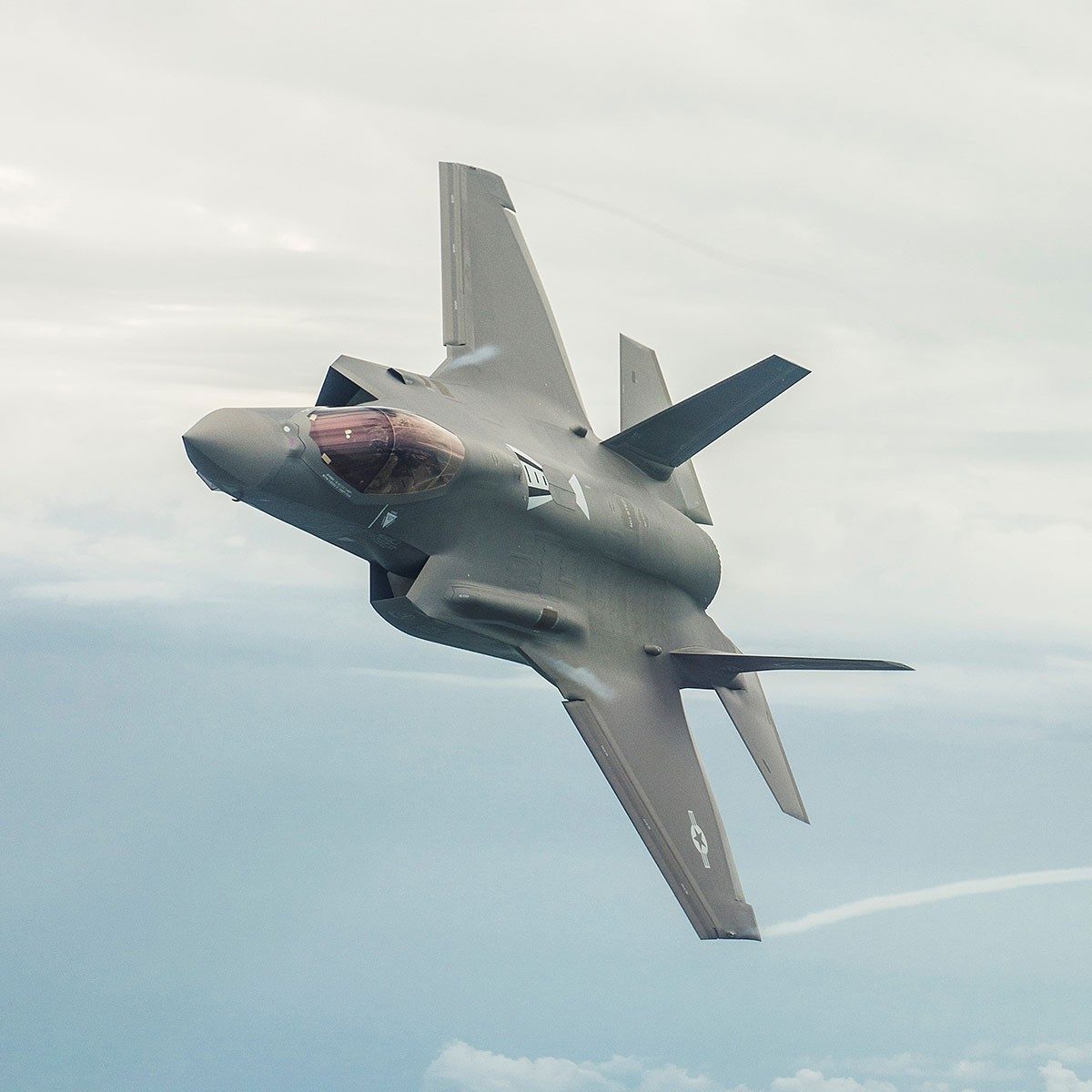Lockheed Martin, the largest U.S. defense contractor, has announced the formation of a new subsidiary, Astris AI, aimed at facilitating the adoption of artificial intelligence (AI) across the defense sector. This move reflects Lockheed’s commitment to integrating advanced technologies into national security and enhancing operational efficiency for U.S. defense companies.
Key Goals of Astris AI
- Facilitating AI Adoption in the Defense Sector:
- The defense industry has traditionally been cautious in adopting AI due to concerns about data security, ethical implications, and reliability in critical operations. Astris AI seeks to address these challenges by offering customized AI solutions tailored to the unique needs of defense contractors.
- The subsidiary will focus on building trust within the sector by ensuring compliance with strict security protocols and addressing concerns about sensitive data handling.
- Operational and Tactical AI Solutions:
- Astris AI plans to develop and deploy AI applications that enhance automation, optimize supply chains, and improve decision-making processes for defense operations.
- Specific applications could include predictive maintenance for defense equipment, advanced threat detection systems, and AI-driven logistics optimization.
- Leadership and Expertise:
- The subsidiary will be led by Donna O’Donnell, who brings extensive experience in AI integration and automation from her previous role at Xerox. O’Donnell was instrumental in advancing generative AI applications in commercial settings, providing her with a strong foundation to tackle the defense sector’s unique challenges.
Industry Context and Challenges
- Defense Sector’s AI Hesitation:
- Many defense companies have been slow to adopt AI due to concerns over data security, reliability, and the ethical implications of autonomous systems in military applications. Astris AI aims to bridge this gap by providing secure and reliable AI solutions that meet the stringent demands of the industry.
- Increasing AI Investments:
- The U.S. Department of Defense has significantly increased its AI investments, focusing on initiatives like the Joint Artificial Intelligence Center (JAIC) and Project Maven, which aim to integrate AI into military operations.
- Lockheed Martin’s formation of Astris AI aligns with these efforts, reinforcing its position as a key technology provider for the Pentagon.
Strategic Implications
- Strengthening Lockheed Martin’s AI Capabilities:
- By launching Astris AI, Lockheed Martin is not only diversifying its offerings but also positioning itself as a leader in AI innovation within the defense sector.
- This move allows Lockheed to support smaller defense contractors in modernizing their operations, creating a stronger and more cohesive defense ecosystem.
- Collaboration Across the Defense Industry:
- Astris AI aims to foster collaboration between defense contractors and technology providers, enabling a smoother transition to AI-enhanced operations.
- The subsidiary is expected to act as a bridge between traditional defense operations and cutting-edge AI technologies, helping to modernize an industry that is often wary of rapid technological changes.
Broader Implications for National Security
The establishment of Astris AI underscores the critical role of AI in modern defense strategies. By enhancing decision-making, automating complex processes, and improving the efficiency of defense operations, AI has the potential to revolutionize national security. However, this also raises questions about the ethical use of AI in military applications, particularly concerning autonomous weapon systems and surveillance.
Lockheed Martin’s initiative signals a clear recognition of the transformative potential of AI and its importance in maintaining U.S. leadership in global defense technology. Astris AI’s success could serve as a model for integrating AI across other sectors with similarly high security and operational standards.





